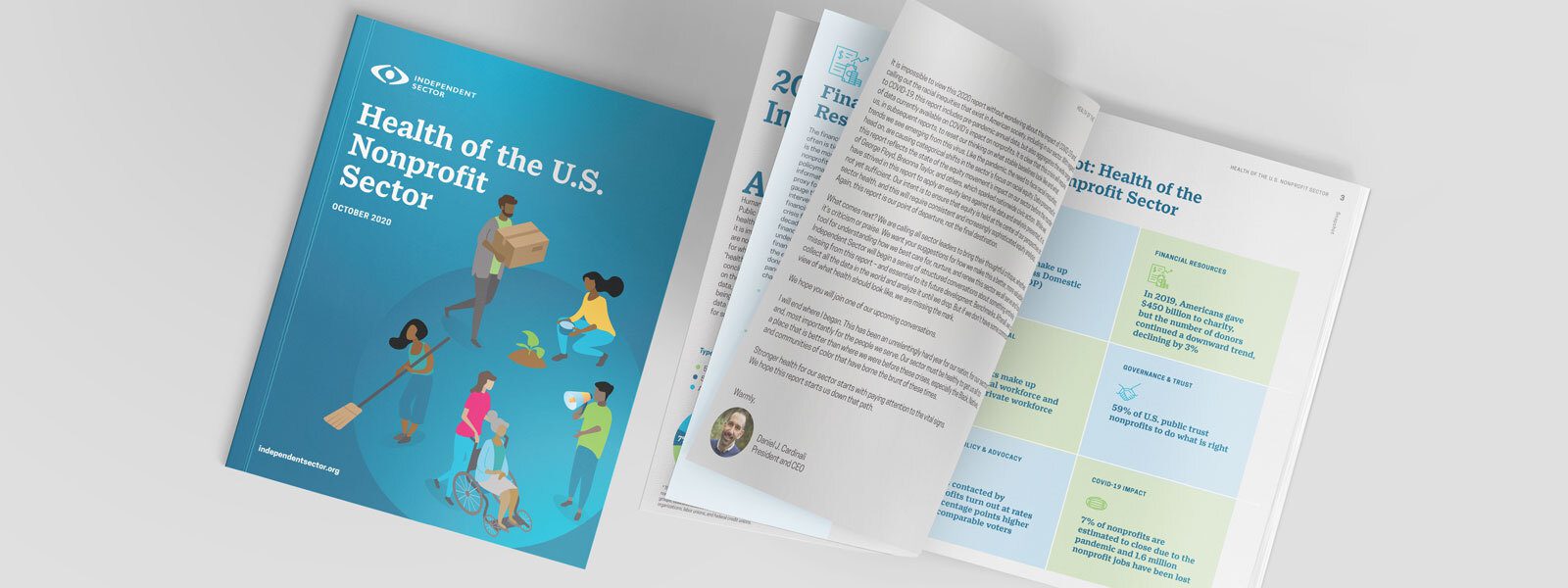Keeping It Ethical is our weekly blog series highlighting the 33 Principles for Good Governance and Ethical Practice. Throughout the series, we hope to highlight the importance of each Principle and the helpful resources associated with it and learn more from you about how you’ve incorporated these Principles into your charitable organization.
I’ll admit it, explaining some of the principles can get complicated. But Principle 24 is a piece of cake. Its point? Put your resources toward achieving your mission, have the right people doing the work, and follow the law. Too simple? Let’s try principlespeak: your nonprofit receives a tax exemption, and because it does, it’s required to devote a significant portion of its resources to programs that advance what it’s committed to do, and to ensuring that the administrative and fundraising capacity is in place to execute those programs effectively and responsibly.
Now let’s break that down. Exactly what does administrative capacity include? We’re talking financial and investment management, personnel services, record-keeping, risk management, soliciting and managing contracts, legal services, and support for your nonprofit’s governing body. Make sure that you have resources in place to execute all of that so you’re in legal compliance and can provide complete, accurate, and timely information to donors, the public, and government regulators.
There also are additional support services to keep in mind. If you’re a public charity, you need capacity for fundraising operations, and probably membership development activities, as well. Some public charities, and private foundations, also have expenses associated with making grants and contributions to other organizations and individuals.
So, what about resources to keep the trains running? You need qualified personnel to execute programs, recruit and manage volunteers, raise funds, and ensure proper administration. There’re also the costs associated with allocating appropriate financial resources for personnel salaries and benefits.
Then there’s our friend the IRS Form 990. Remember to separately report what you spend on program services, organization management and governance, and fundraising – annually.
Further, let’s not forget board responsibility. It’s their job to see that all of this gets done – including reviewing budget, financial, and program outcome reports to make sure your nonprofit is allocating funds appropriately and making the necessary program, administrative, and fundraising investments to fulfill your mission.
We can’t sign off without highlighting the discussion often prompted by this principle. How nonprofits allocate their resources, or “overhead,” is a focus of scrutiny — enter the overhead myth. You know, that magical ratio that many consider to be an indicator of the health of a nonprofit’s financial management. Well, Principle 24 explains that while there is no perfect ratio, each organization is responsible for appropriately allocating their resources to match the true cost of their work.
Resource allocation for programs and administration might not sound sexy, but it’s key for an effective organization. Fortunately, reference materials are available to help you maintain a well-run and resourced organization. Here are just a few:
- Budgeting for Nonprofits, National Council of Nonprofits
- Financial Management Resources, 501 Commons
- True Program Costs: Program Budget and Allocation Template and Resource (Propel Nonprofits), National Council of Nonprofits
- Nonprofit Financial Infrastructure Self-Assessment, Fiscal Management Associates, The Wallace Foundation
- Financial Management, Council on Foundations
You want more, you say? Check out Independent Sector’s Principles Resources Center.
Know of additional helpful resources that support Principle 24? By all means, share the good news below, along with any comments you might have. You also can use #npethics on social media.



